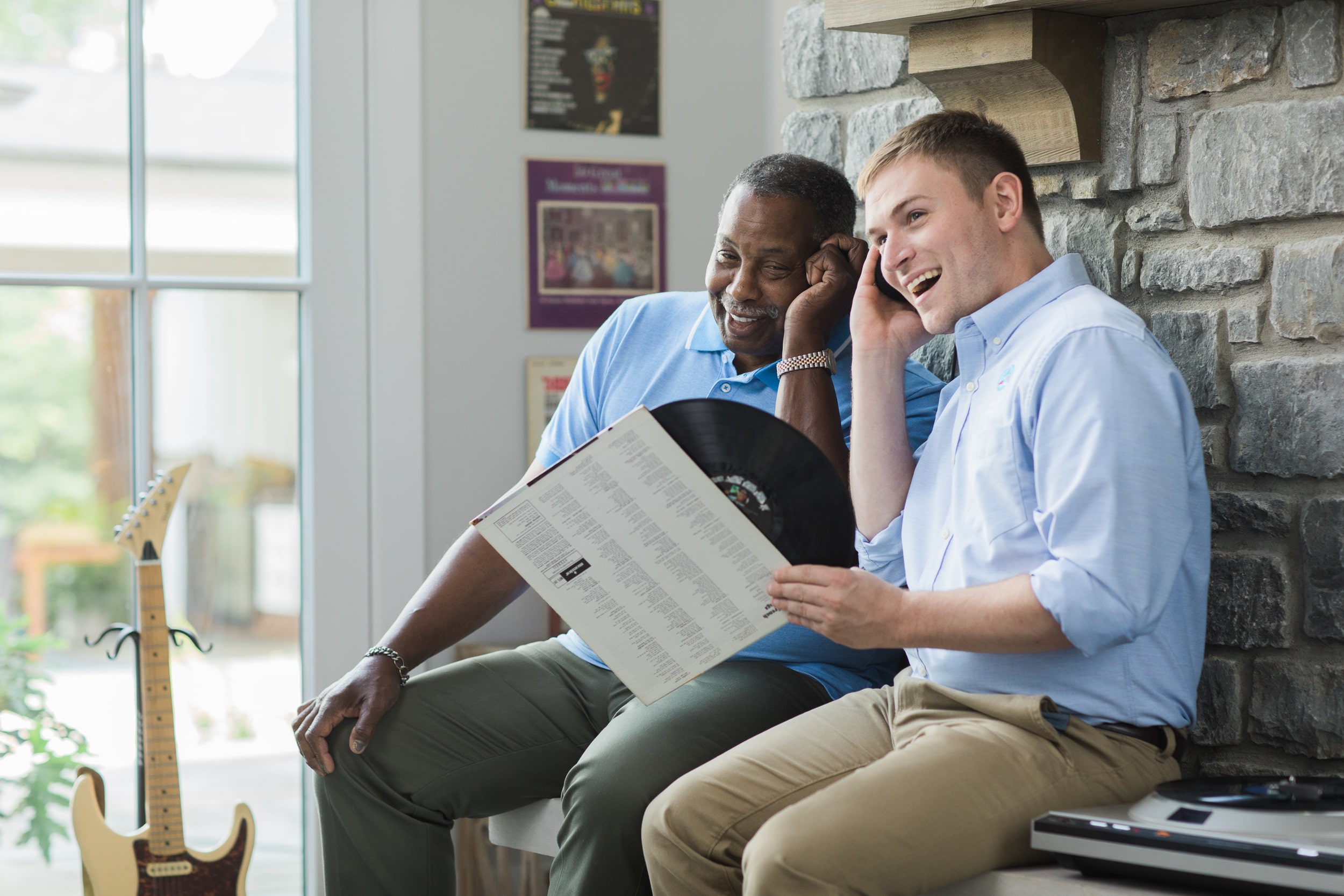At-Home Care Services for Seniors
Let our caregivers help where it matters most with a unique care plan adapted to your needs
Home » Making Tough Choices about Elder Care
- Starting the Conversation
- How to Support Family caregivers
- Assessing Home Care Options
- What to expect with Home Care
- Senior Care is a Family Issue
- Paying for care
- Seniors and Nutrition
- Legal Considerations for Seniors
- FAQ
- Veterans Care Programme
- Making Tough Choices about Elder Care
- Aging and Driving
- Questions to Ask Your Doctor (PDF)

Choosing the Right Elder Care
When an elderly parent encounters health problems, loss of cognitive function and increasing difficulty performing the activities of daily living, adult children find themselves faced with difficult choices.
Making Tough Choices About Elder Care
When elderly parents experience health problems, loss of cognitive function, and difficulty performing the activities of daily living, adult children find themselves faced with difficult decisions.
As an adult child, one of the most difficult decisions you may face is choosing a level of care for your loved one that meets his or her needs, provides an optimal level of independence, and maintains a good quality of life.
Consulting your loved one’s physician can aid in the decision process and help you find out what can be done to treat or manage his or her condition. You can also make sure the physician is aware of all the medications your parent is taking, so that he can rule out overmedication or drug interactions as the cause of your parent’s difficulties.
Senior Care Factors to Consider
You and your parent have a wide variety of elderly care options to choose from. When making the right choice, you will need to take into consideration factors such as the following:
- Are family members’ available to assist with elderly care? Do you, siblings or other relatives live near enough to provide or supervise care? Do other responsibilities limit your time commitment?
- Does your parent have cognitive limitations from Alzheimer’s disease or other conditions that compromise his or her safety and make regular supervision necessary?
- Does your parent require regular medical care as well as assistance with the activities of daily living?
Canada Elder Care Options
Once you have determined your loved one’s needs, you can start exploring elder care options that meet those requirements. Common options include the following:
Long-Term Care Facilities
Long Term Care facilities, or nursing homes, provide around-the-clock coverage by registered nurses or licensed practical nurses as well as activities and medical, dietary, and pharmaceutical services. These facilities also provide assistance with daily living activities, such as bathing and dressing.
Retirement Homes
Retirement Homes and Assisted living facilities are a residential elder care option that is a step between independent living and skilled care. These facilities are designed for seniors who need assistance with activities of daily living but do not require the level of health care services provided in a nursing home.
In-Home Elder Care
In-home elder care and senior home health care provide professional caregivers who come into the home and partner with family caregivers. This can prove to be an effective solution in helping seniors maintain independence at home for as long as possible. They help seniors with the activities of daily living, and when needed, home health care nurses can assist with health care needs.
Choosing a senior care option is never easy, but if you take an informed approach and are sensitive to your loved one’s needs, you can help him or her stay safe, happy, and healthy.
HOME CARE SERVICES IN YOUR NEIGHBOURHOOD
Our caregivers are ready to help, with the care your senior needs






